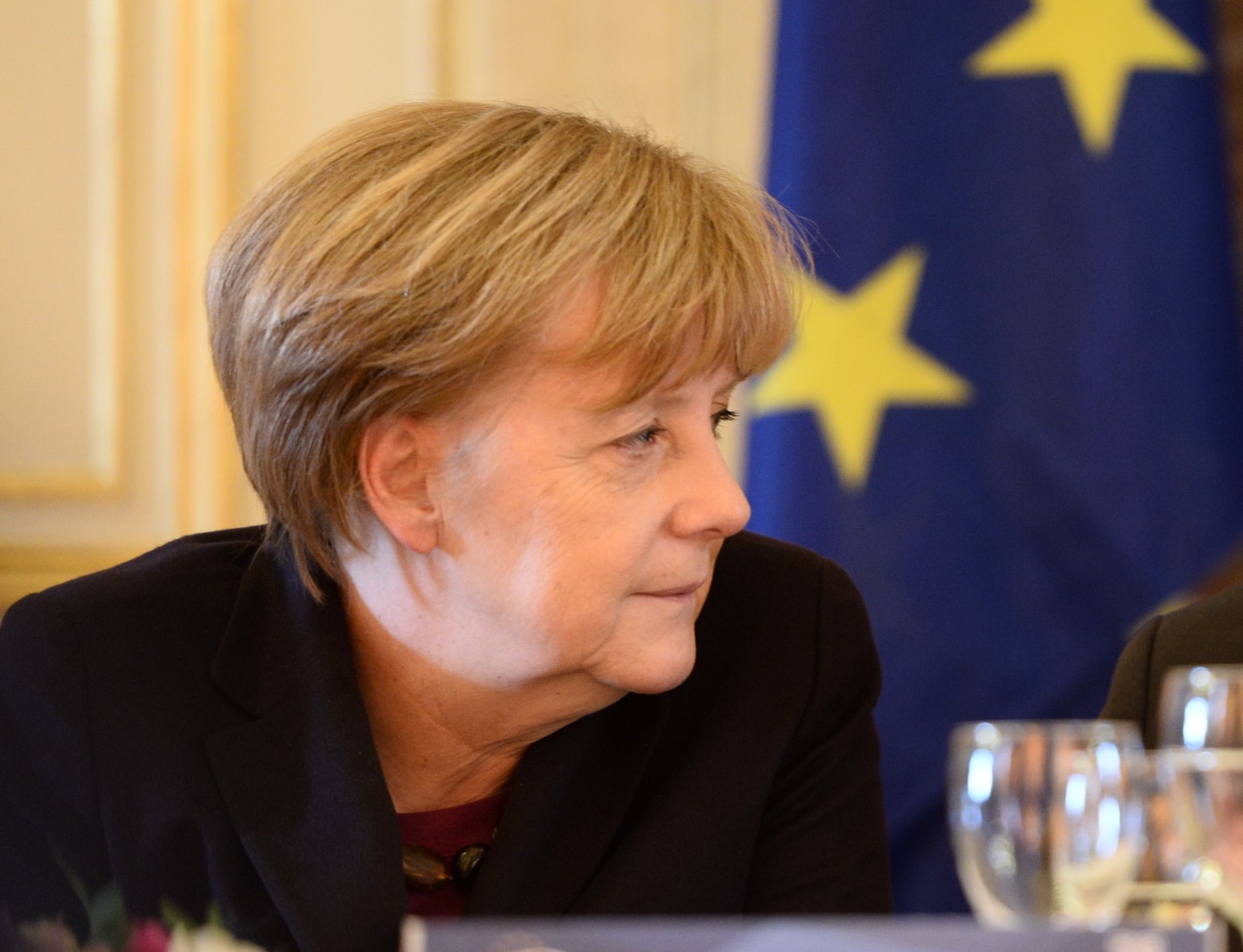Angela Merkel has said the UK will have to “live with the consequences” of Boris Johnson’s Brexit just days before Germany takes over the presidency of the EU.
Germany’s chancellor deflated hopes of a concerted push to find a deal before the transition period ends on December 31, by stating her priority will be a pandemic rescue plan for the EU economy when Germany’s six-month EU presidency begins on Wednesday (July 1).
Johnson has abandoned Theresa May’s plans for close alignment with the European Union signalling the government’s post-Brexit trade priorities and ambitions increases the likelihood of no-deal Brexit, though negotiators have until December to thrash out a formula agreeable to No10 and 27 EU member states
‘What Britain wants, is for Britain to define’ – Merkel
Merkel said the prime minister’s position – set out by the UK’s rejection of EU demands for “a level playing field” on workers rights as well as consumer and environmental protections – pointed at a “less closely interconnected economy” from 2021.
Fishing rights and access to British waters also remains a significant block to negotiations and Merkel’s comments – made to a group of European newspapers – will be a blow to Johnson after he insisted, earlier this week, that he could see no reason why intensified talks would not end in an agreement before the end of July.
However, Merkel said: “We need to let go of the idea that it is for us to define what Britain should want. That is for Britain to define – and we, the EU27, will respond appropriately.
“With prime minister Boris Johnson, the British government wants to define for itself what relationship it will have with us after the country leaves.
“It will then have to live with the consequences, of course, that is to say with a less closely interconnected economy.
“If Britain does not want to have rules on the environment and the labour market or social standards that compare with those of the EU, our relations will be less close. That will mean it does not want standards to go on developing along parallel lines.”
No-deal/WTO terms may shrink UK economy by 9% – Treasury
Negotiations between the UK and EU resume on Monday (June 29). The PM has already formally instructed Brussels there will not be a request to extend the transition period meaning the UK will crash out of the EU on World Trade Organisation (WTO) terms.
The Treasury’s most recent estimates suggest the UK’s economy could shrink by 9% in the event of WTO terms caused by a no-deal Brexit.
David Sassoli, the president of the European parliament told the Guardian he had been left “very worried” about the lack of “enthusiasm from the British authorities”, adding, “we don’t see a strong will to get to an agreement that satisfies all parties.
“Obviously as an agreement, it has to satisfy both parties that it cannot advantage one over the other. And this puts us in a situation in which at the moment we are frankly a little bit worried.”
Four years on – 57% want to remain, 35% to leave
It’s almost exactly four years since the UK voted to leave the EU in the divisive referendum of June 23, 2016.
Now, with just four days to go before the deadline to extend the transition period, a poll by Ipsos Mori found that 62% thinks it is “likely” there will be no-deal with Brussels, with just 30% believing the PM will get a deal before December 31. The number who think Johnson can get a good deal for Britain is 25%.
Meanwhile, the City University London’s European Social Survey shows the number of Briton’s who would vote to remain or rejoin the EU is 56.8%.
The number who would still vote to leave is 34.9%.




